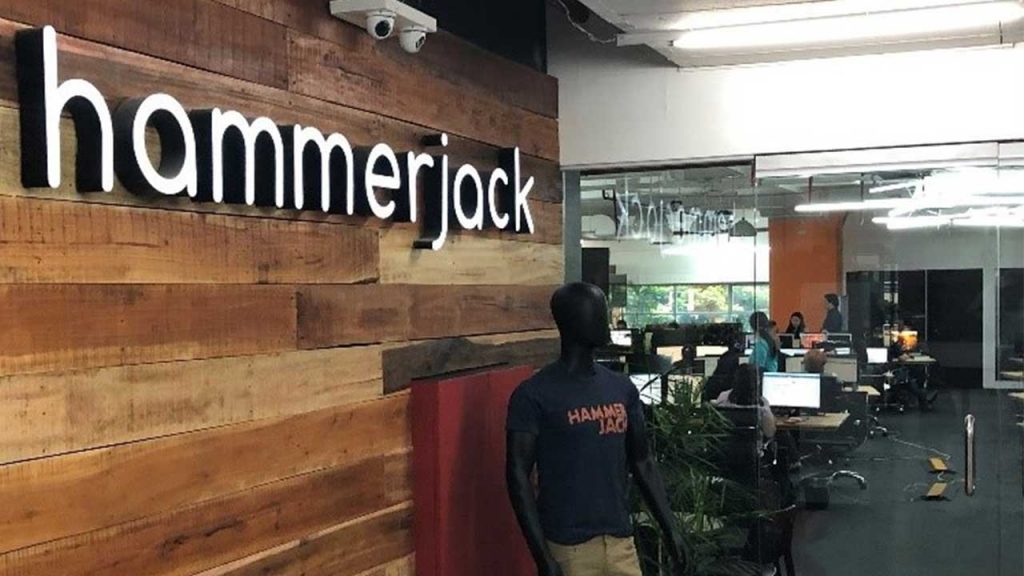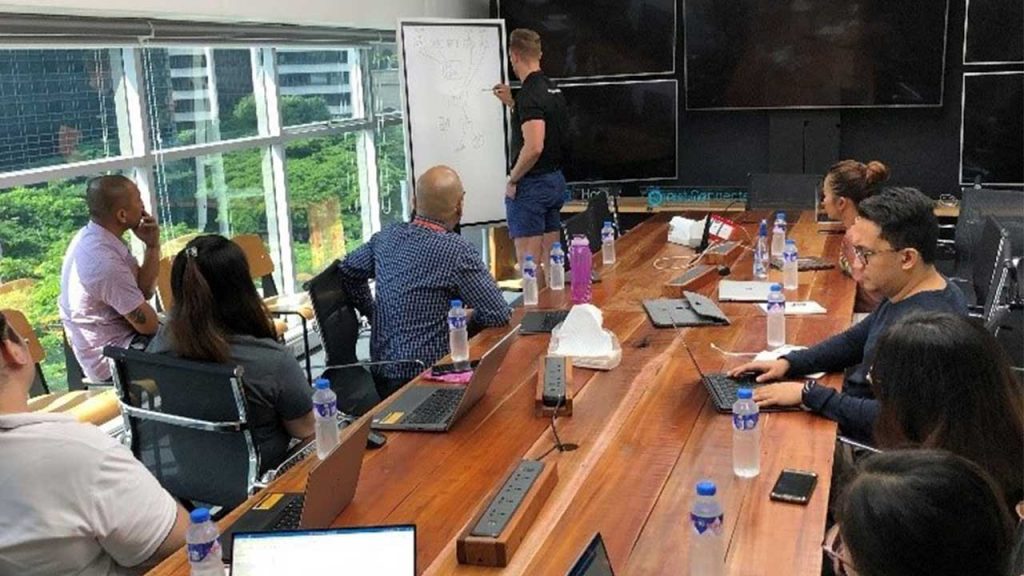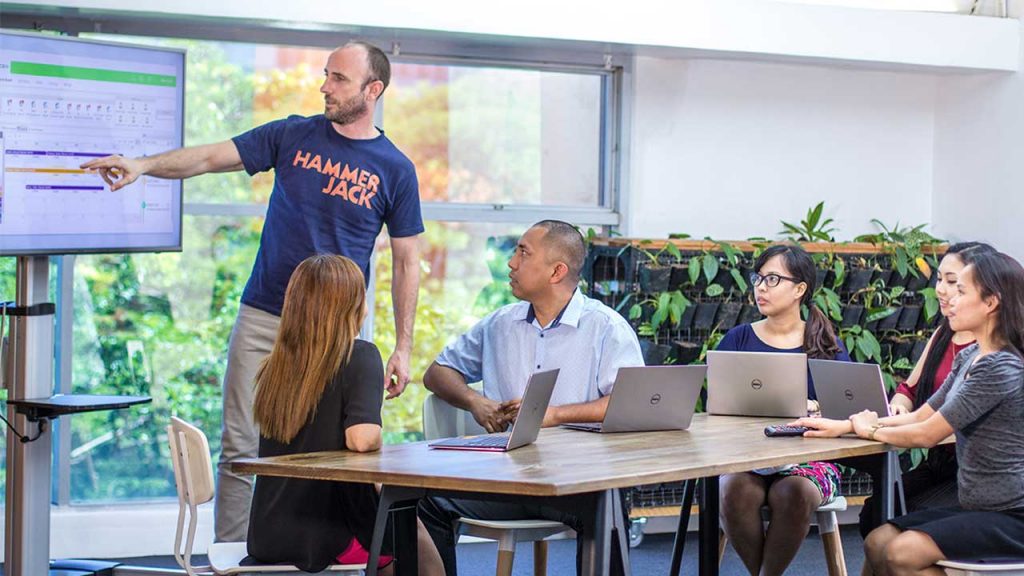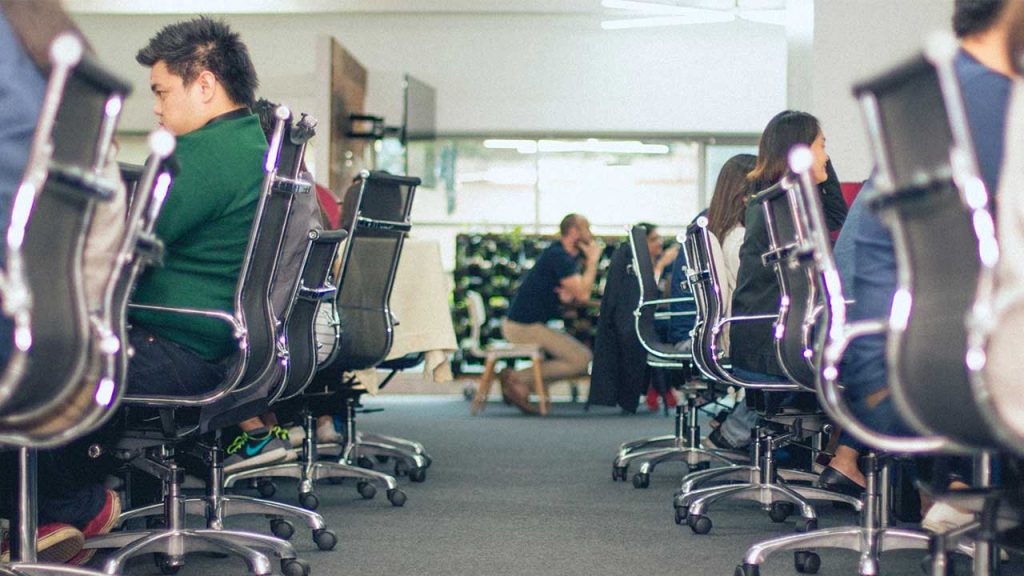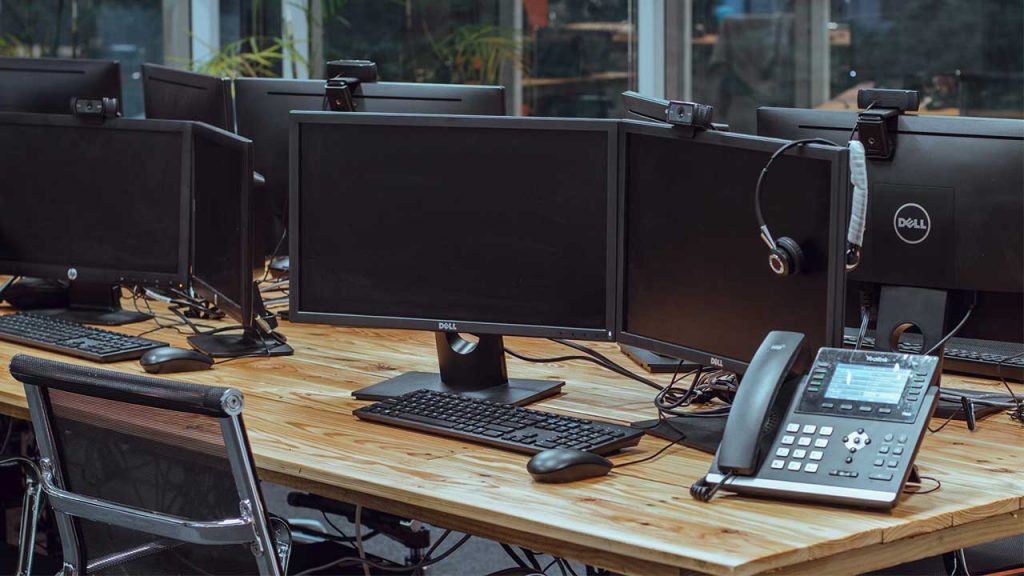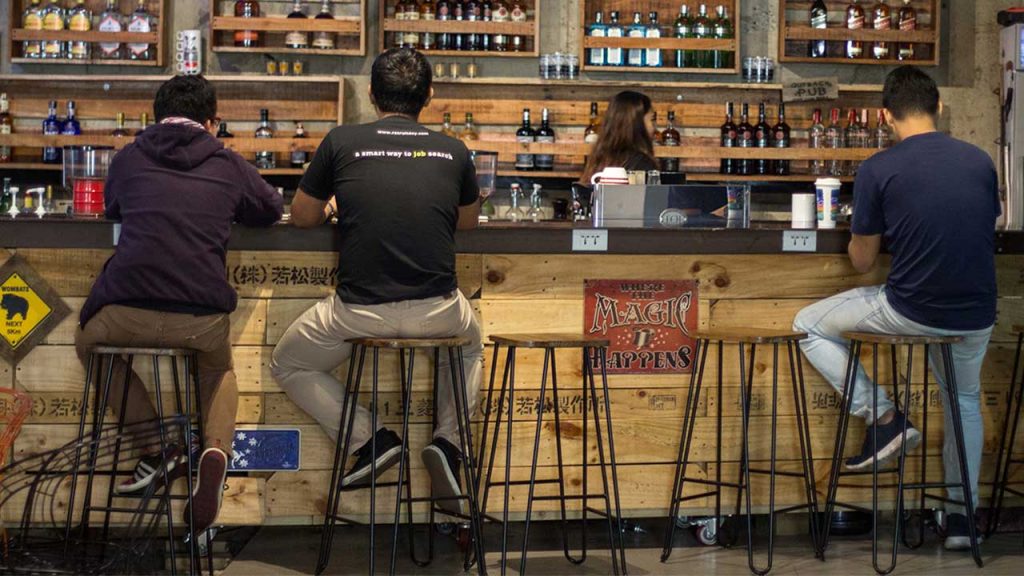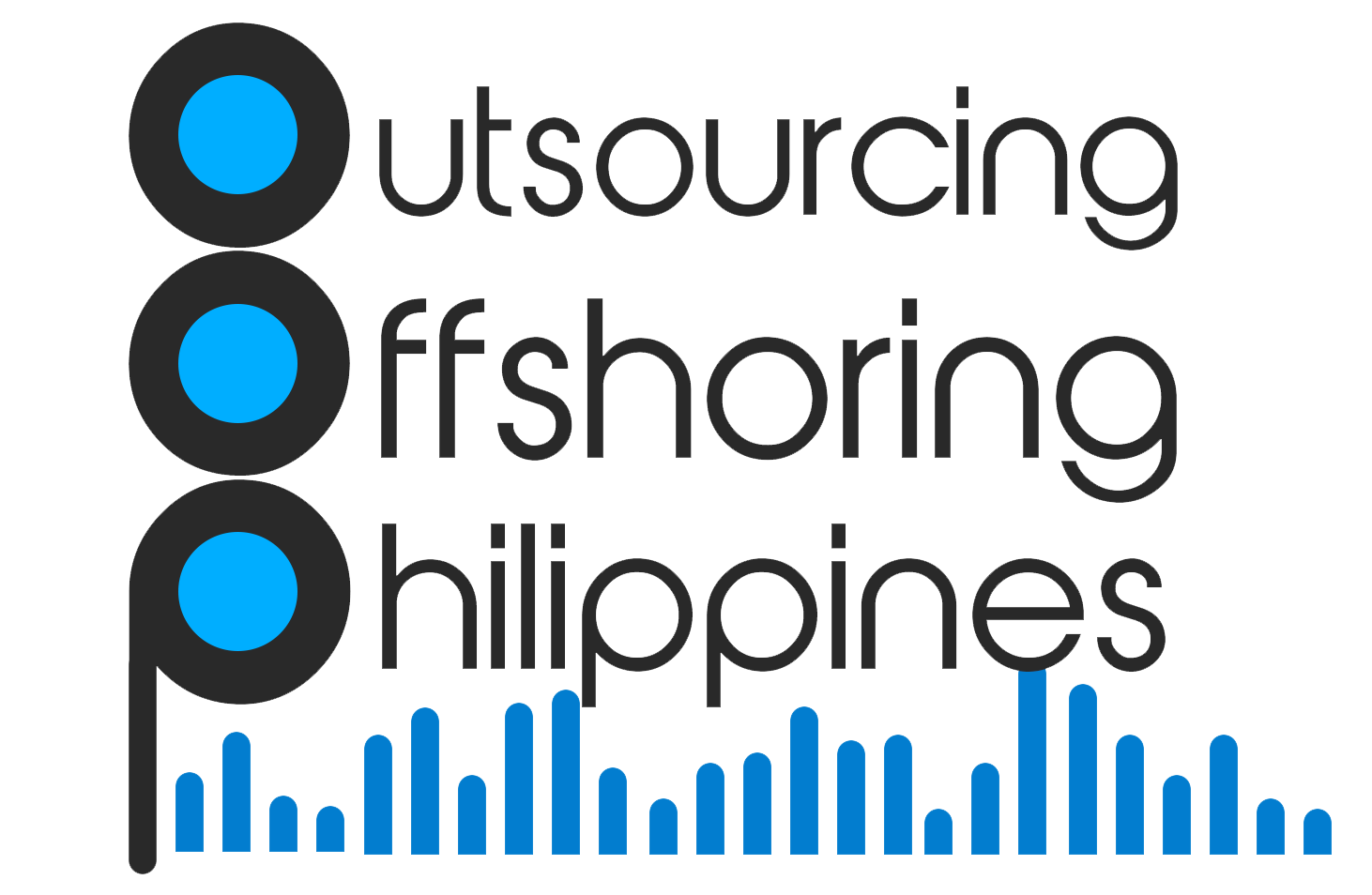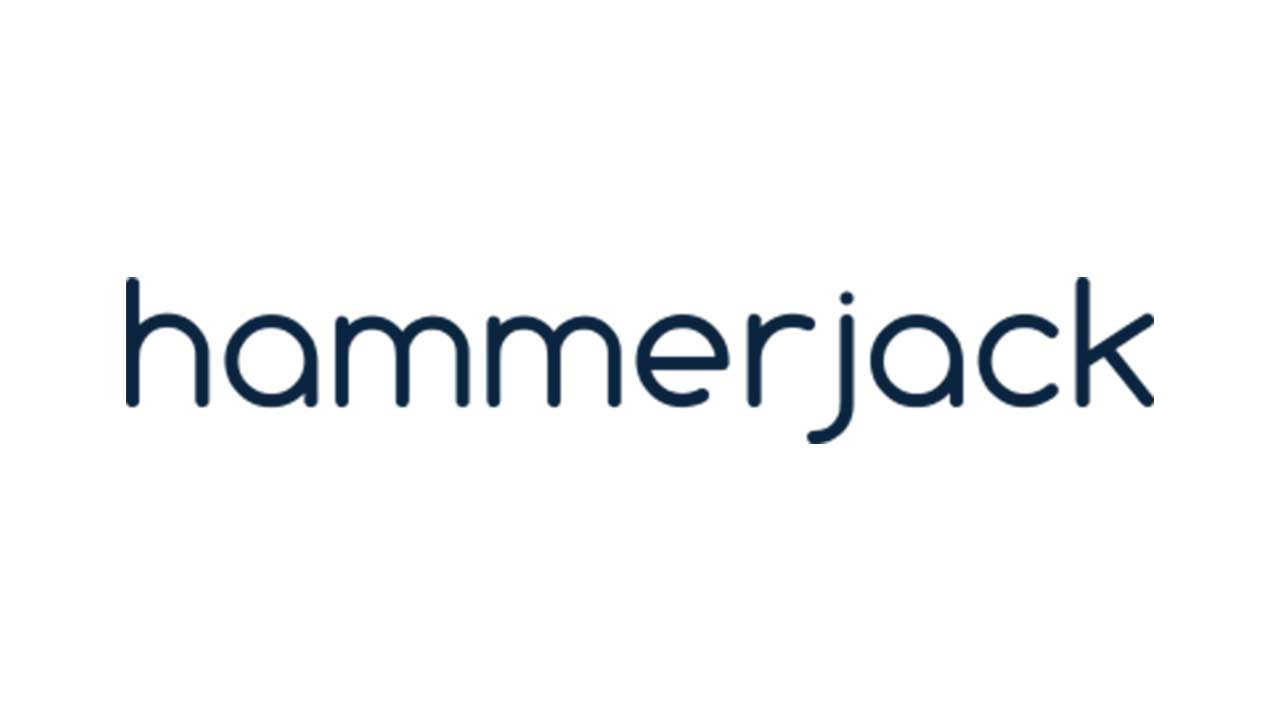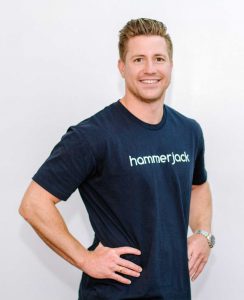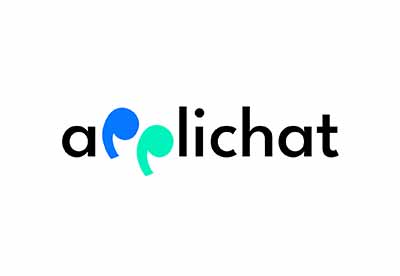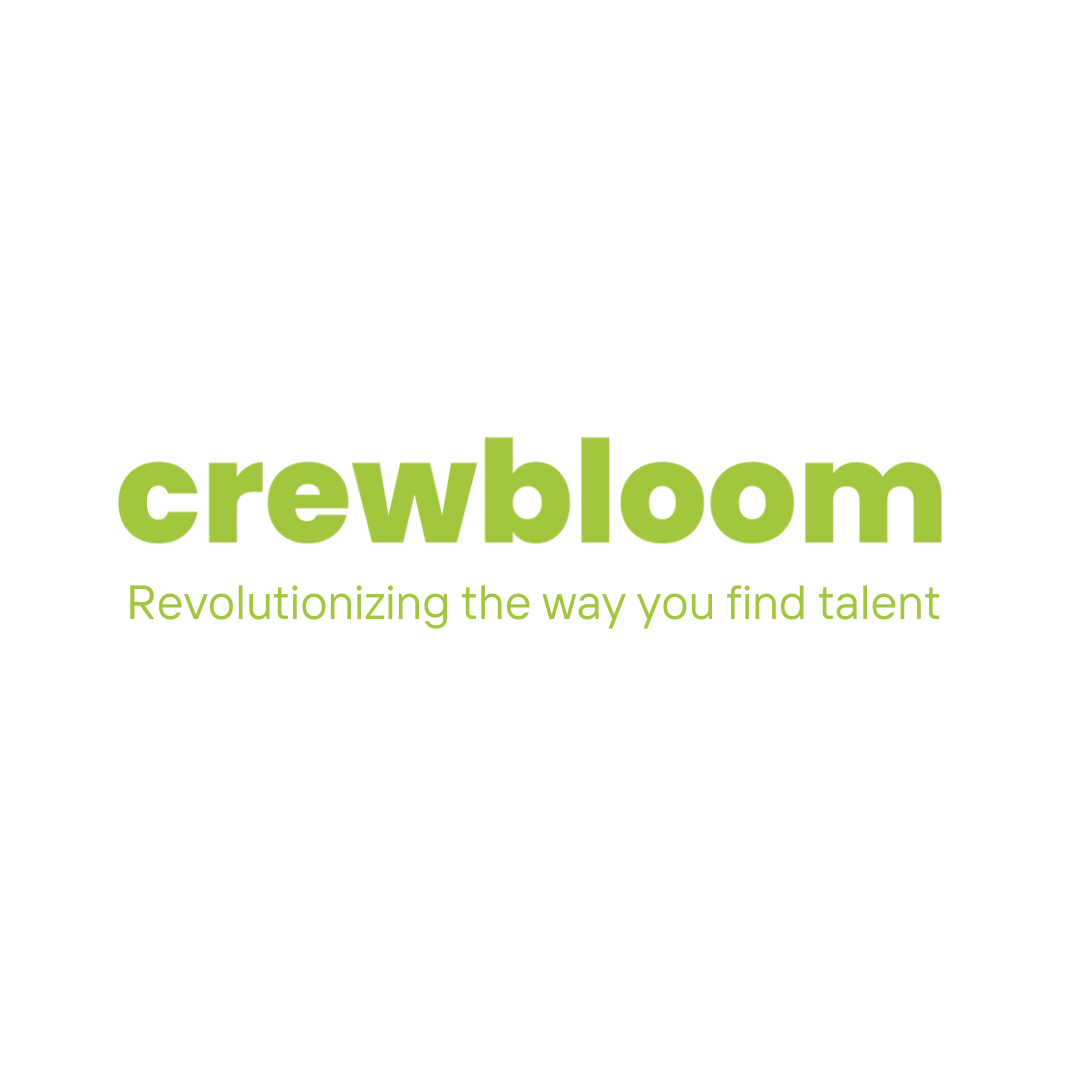We are joined by Nicholas Hastings, one of the founders and the current director of Hammerjack. Nick is on a conversation with us all the way from Sydney, Australia to discuss their outsourcing strategies and how they have helped all kinds of clients grow with them. The size of your business does not matter, Hammerjack will make sure you are on the right path to enhance your business!
Phone: 1300 788 451
Email: [email protected]
Website: www.hammerjack.com.au
Office Address:
- Sydney – 249 Pitt Street, Sydney NSW 2000
- Melbourne – Level 3, 63 Exhibition Street, Melbourne, VIC 3000
- Brisbane – Level 18, 324 Queen Street, Brisbane, QLD 4000
- Manila – Level 5, Paseo Centre, 8757 Paseo de Roxas, Manila, Metro Manila
To learn more about Hammerjack, listen to our conversation with Nich here:
Transcript of the Interview:
Henry Acosta: Hi, this is the Outsourcing and Offshoring Philippines podcast and I am Henry Acosta, the host of the podcast. And our guest today is one of the founders and the director of Hammerjack, his name is Nicholas Hastings and welcome to the show Nick and thank you so much for your time.
Nicholas Hastings: Thank you Henry, thank you for having me.
Henry: So to kick things off, I just wanted to ask can you tell us a little bit more about yourself and how you got started with Hammerjack?
Nick: Yeah, sure. So look, I’m one of the founders of hammerjack as you said. I’m currently based in Sydney, Australia here. My role, I’m really responsible for Hammerjack’s strategic partnerships and business development, And what that means is that responsibility for connecting our business globally at all levels so from customers, our employees and also the partners that we work with as well to make sure we get the best outcomes for everyone.
Henry: Awesome and so give us a little bit more background about Hammerjack. Can tell us about the services that us offer?
Nick: Yeah, sure. So look, I suppose it all started six plus years ago I was actually living in the Philippines, we’re outsourcing over there with Telstra during their journey. Look I’m not sure, probably the listeners may know but Telstra has over 15,000 employees based in the Philippines now. And it was during that time, I suppose and working directly with Filipinos servicing Australian accounts we worked with mums and dads businesses all the way up to ASX listed companies, that we saw the real benefits that the Philippines could bring. And for us, it was more than just what most service providers were selling in that small-mid market space and Henry the things that people talk about is great communication in the Philippines, Western cultural alignment, dedicated staff with postgraduate training, whether it be in accounting, construction and whatever it may be. And it was more there was more capability than just those buzz words that we heard in the market, around 70% savings on costs so I think for us if you really take the time to look at an outsourced strategy offshore and understand the businesses you’re working for, then there’s got to be more than just one model. One size fits all doesn’t work. Businesses, there are different levels of maturity in Australia, in the US and New Zealand and they need different levels of support to ensure that they reach their goals and for us, it was the Philippines was the best market to execute on that so Hammerjack was born.
Henry: Can you tell us about, since you mentioned about having the customers and clients, where do you usually get your clients from and what kind of size are they?
Nick: Yeah, sure. So we have clients um currently based in the US, UK, Australia and just bringing on a New Zealand client just recently and I supposed the typical size of client varies. We have clients with us who on some subscription service models where they’re plugged into our shared resources divisions. We have other clients with us who have 10 to 15 staff and it’s really turning over probably 100-150 million-dollar-a-year businesses out of Australia. For us and particularly around outsourcing and BPO (business process outsourcing), you can apply the same governance and structure across micro businesses you can to an enterprise business but it’s a making sure that you have the right policies and procedures in place to be able to execute on it so we’ll talk with anyone. I suppose our real sweet spot Henry is those sort of midsize businesses that have scaled rapidly, they need some support from a back office or a back-end point of view. Maybe they haven’t put the best procedures in place or documented procedures so we can help advise with that and help them realize what an offshore team could do within their business.
Henry: Yeah and that sounds amazing. And do you guys have experience with big players or I mean since you talk about how you guys have taken all kinds of sizes, is there a difference with how you treat the bigger ones versus the smaller ones?
Nick: Yeah. I think not from an engagement point of view, but probably more from a functional point of view. Yeah, definitely. When you talk about an enterprise business and we have a massive amount of enterprise experience across the leadership and executives in our business. Now we have worked for Amex, Westpac, Telstra, all from the big end of town and I think when you’re working with those clients they’re looking at a particular function that they’re trying to execute and it’s about executing that function over and over with the right quality and the right value in it. I think when you’re looking at a smaller business, you’re probably looking at a more of a total solution so you’re looking at not just one function within the business but the whole business and how you can help support it. So yes, there are different ways that we support the business. From an engagement point of view, they’re all our customers.
Henry: So is there a learning curve to the experience, I mean for you guys?
Nick: I think because most large businesses have solid governance and structure in place already, the learning curve or the hand-holding and to use the term is probably a little less. They often have management layers, middle management layers in place that can support their offshore journey or strategy heavily. Whereas a small business takes a little bit more of a personal touch to help them, guide them through to make sure they don’t make mistakes when offshoring and outsourcing, helping them understand the speed to the competency of their agents or the solution that they’re trying to build. Really setting their expectations a lot firmer around what they can expect and the difficulties and the barriers that they’re going to come up against them and then how we can put solutions in place around those.
Henry: That sounds awesome. Yeah, I can tell that I’m sure there’s a big difference. It’s more business versus something more personal with the smaller size business. Well I did some research on your website and I read that your services are only about people who are looking to outsource tasks, but you guys also have software development and consultancy. Can you tell us a little bit more about that?
Nick: Yeah, I will. So look, I suppose we’re really lucky in the fact that well we’ve got a couple of major shareholders in Hammerjack and one of those shareholders is actually a really successful Filipino entrepreneur, he’s very well respected in the technology and government space. We also have another gem who’s an Australian who’s been living in the Philippines since 1998 and he’s grown and sold multiple businesses over there during that time. And having those guys on boards have really helped direct our business now. What you won’t learn from the website and what I can tell you now is we make up a group of companies we sit under an umbrella. We have about 20 companies in our group, these companies really focus on communications, technology, outsourcing, mostly in the exploring space so when I say that, I mean artificial intelligence, Internet of Things, cloud solutions. So what we’re doing is we’ve got a wider capability that we can then bring in and help service our clients. Now we’re also a Microsoft Partner ourselves so we’re a cloud solution partner with Microsoft so we have currently about 200 clients in the Microsoft space that we service, doing all sorts of things across office 365, migrations from Google to Microsoft, CRM and customer relationship tools, we run webinars to help people understand how they can get more out of their cloud solutions. So yeah, we cover quite a bit in that space.
Henry: Yeah, that sounds awesome. Is that how you guys help with the consultancy side of your businesses?
Nick: Yeah, correct. Well, we feel and I suppose that a little bit of our difference when you talk about Hammerjack as an outsource and offshore partner is that consultancy side. We have experience in outsourcing, myself living in the Philippines, our country manager and COO, an English guy who has been living in the Philippines, he runs our centers over there. So we’ve got our site director as well, sorry, he is also really heavily experienced in enterprise accounts from the US. So we’ve got a lot of experience in that consultative space and for us, the difference is we’re not just hiring headcount or staff for our customers. What we do is we take the time to go into customers’ businesses, so we have account managers based in Australia. We’ll go into a business and I suppose the important thing for us is to understand why that business is in business, what they do, how they do it but I think most importantly the ‘why’ and understanding the why of that business helps us then to consult and build a solution around it rather than what role we are trying to fill, what’s the job description, what do you need help with. It’s about “Okay let’s understand the business. Let’s understand why they’re in business and what they’re doing and how they’re doing it and then let’s go back and let’s help build a solution out from a consultative point of view.”
Henry: Wow, that sounds like a long process but I think it’s worth it with you guys with so much looking into.
Nick: Yeah, look I don’t think it’s necessarily a long process but I think it’s just a different way of approaching it. For us, it’s about shared outcomes and shared responsibilities so if we take on a client, we take responsibility to get them a result and I don’t think you can really do that unless you understand the business that you’re getting into so it just makes sense for us as well to make sure that we have a deeper understanding of that business.
Henry: Yeah. I like how you’ve mentioned the outcome, I mean how you guys care about that. Would you say that’s one of the core values of Hammerjack?
Nick: Yeah, absolutely. And when we talk about outcomes and shared responsibilities with our customers, it’s exactly that. We have agreements with them where the performance is not just on them, the outcomes is not just on them, we don’t just set and forget our clients, we share that responsibility so and we do that through many ways probably through our leadership teams and now business excellence teams and performance teams that we put in place that cover through our clients and what that really enables us to do is to measure capacity, measure utilization, all of these sorts of enterprise metrics that a small or mid-sized business wouldn’t normally get with an outsourced partner, we can help embed those.
Henry: Awesome. lf we could shift the topic for a little bit, I would love to talk about your employees. So can you tell us about what you guys are located in the Philippines and how that affects your employees?
Nick: Yeah, absolutely. So we’re based right in the heart of Makati in Metro Manila so our actual address is in the Paseo Centre which is on Paseo de Roxas in Metro Manila there. How that affects our employees is really simple, we made the strategic investment to be in the heartland. Makati has 12 million available employees as a pool of resources there. When you look at more regional centers like your Clark and your Davao, you’re probably looking I think there are about two million available resources so when you talk about the availability of specialists and of capability, it’s really where you want it to be. Where we’re located is just down the road from Macquarie Bank and your ANZ, you get your big players and for us that what does is it attracts the best talent. So yes, for us it’s a little bit more of an investment to be where we are but we think it’s critical because attracting the best talent, they want to be in Makati. They want to be in the CBD, they want to be corporate and they want to see a career path and where it can take them so that’s why we’ve settled there.
Henry: Yeah and well I just wanted to ask how many staff do you guys already have you in the Philippines and how do you make sure that they’re happy and engaged with you guys?
Nick: Yeah, so it’s a great question. So Hammerjack itself we’re up to about a hundred and fifty employees at the moment and growing rapidly, bringing on a couple of new clients this month. How do we engage them? We have a full time, and I’ll talk about that wider group of companies again, we have a full-time employee engagement team. So their role within that is to make sure that everyone across all of our companies is fully engaged, working collaboratively, sharing ideas, getting cross skilled across many different areas which also helps our clients. Some of the things that we do for our employees, we have a full-time barista, we have two Italian coffee machines, we shipped over from Australia so we have free coffee for all of our employees in-house. We have a fully operational bar that we’ve built in for social events that people can use. We sponsor a basketball tournament which different companies play off again against each other and as you’d know Henry, basketball in the Philippines is crazy.
Henry: Yes, I love it.
Nick: And so we also do things, the regular things like quarterly off sites where we go down to a resort and hang out and do some team team-building. We do a myriad of things, we use the technology that we spoke about earlier. So we have teams which is a Microsoft product where every employee is on a group chat and people can provide feedback and what they’re looking for. Yeah, so it’s really important for us that employee engagement stories are at the forefront because it directly affects the outcomes that we get for our customers.
Henry: Yeah and are you guys looking to get a lot bigger than that or maybe just stay at a certain size?
Nick: No, absolutely. So we’ve over-invested in our infrastructure so we’ve got capacity up to 250 on our floor. We’ve then got the ability to expand over other floors so yeah, so we’re definitely looking. We’re going through a rapid scaling process at the moment so absolutely looking to expand.
Henry: Awesome. And well let’s say, for example, I am interested in outsourcing and I’m in Australia and I come to you guys and yeah so we go ahead and get started with working together. I mean, can you tell us about the experience for someone or for a potential client for you guys and how it’s like starting out with you guys and what they can expect from it?
Nick: Yeah, absolutely. So look, I think there’s probably a couple of different parts to that question. Firstly, is that’s that first engagement about understanding the business. Our people onshore, myself and our business development guys have offshore experience so we’re not trying to talk to a business or sell them a product or a solution that we don’t have experience in. So as I said, firstly understanding what’s the right model for that business. Once we understand what model is right to that business and we’ll talk to them about that and our hire levels, we have really three service models. The first one is what we call our Light Solutions which is plug-and-play these are availability solutions for smaller businesses where they can get a solution on an hourly rate or a monthly subscription. Now whether it be something like live chat or direct marketing, lead generation, some back-office work in an hourly rate and the way that they engage with that is really really quick and most of it is online so they’ll complete a form online. We’ll give or gather their requirements and then we’ll put the solution in place and those solutions are up and running in less than 10 days. I suppose this the second and third model really around the dedicated staff. We go through a through a full process so when we talk about sharing those outcomes again and those responsibilities, we have a full process and transitions team that works with us onshore and offshore. We do process and documentation, we build a solution for our customers so they can have a look at what their journey is going to look like over the next 30, 60, 90 days. So from an initial point of engagement, they’re going to be talking to us, they’re going to be talking to people with experience and then we really quickly introduce our experts offshore that take over and we build out a project for them and this is what the project looks like, it has timelines involved, key milestones that we’re going to tick off along the way. Whether it be recruitment, whether it be process and documentation, whether it be IT setup and then we’ve worked through that with the customer and we engage with the main stakeholders in that business. So we try to make it as easy as possible for our customers to not interrupt their day-to-day business life but we also make sure there’s complete transparency and they’re completely engaged along the way.
Henry: That sounds great. And well we’re almost out of time, so I just wanted to ask for anyone who’s interested in getting in touch with hammerjack and maybe talking to you Nick, what’s the best way that they can do that?
Nick: Yeah, look it’s really simple Henry. Probably the best thing to do is just go to our website www.hammerjack.com.au. All the information is on there, you can live chat with us here on the
website or just go to the Contact Us page. You can give us details and we’ll get in touch, there’s also a phone number there for people want to call so that’s probably the best ways initially. But
look, if any of your listeners want to reach out I’m always happy to talk in more detail around offshoring and the different models that are available to them. I think the key is if I had to give one piece of advice to your listeners, it’s about just do your homework, talk to multiple providers and get a feel out there and it can be a really rich and rewarding experience to engage offshore or outsource.
Henry: Sounds great. And thank you so much for coming on the show Nick, I really appreciate the time.
Nick: Thank you Henry, I appreciate it.
Henry: And that was Nicholas Hastings, one of the founders and the director at Hammerjack. If you would like to know more about them, please do visit their website at www.hammerjack.com.au. And if you like this interview and you’d like to know more about the outsourcing and offshoring industry in the Philippines, please do visit our website at www.offshoring.com.ph. I’m Henry Acosta and this is the Outsourcing and Offshoring Philippines podcast.
